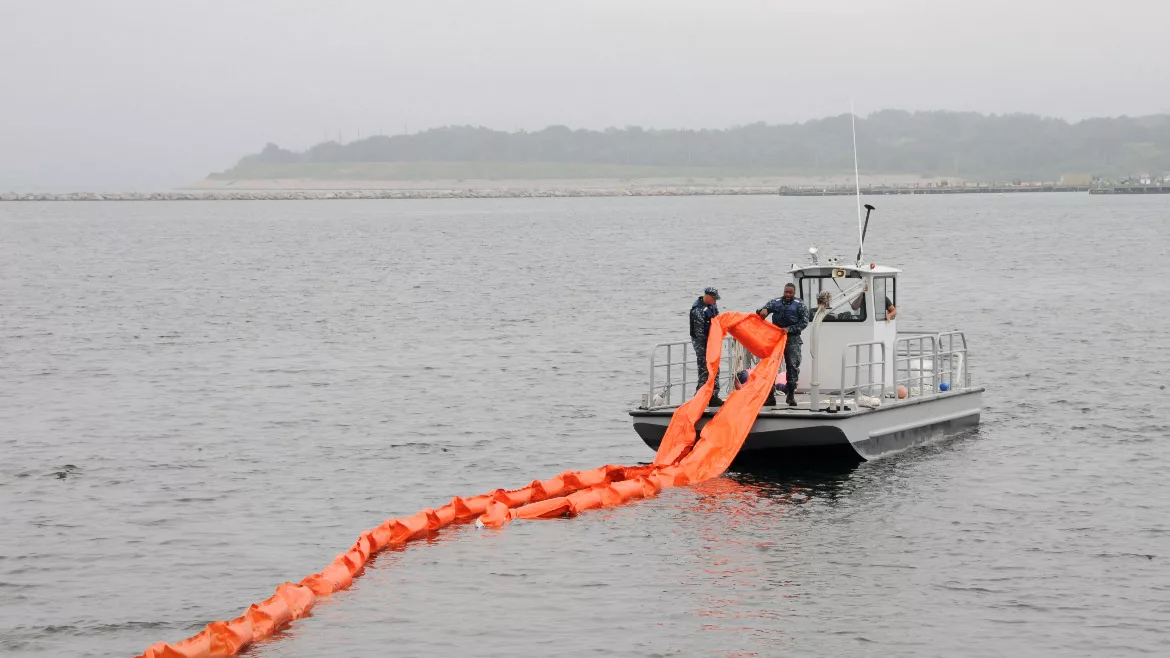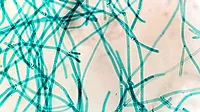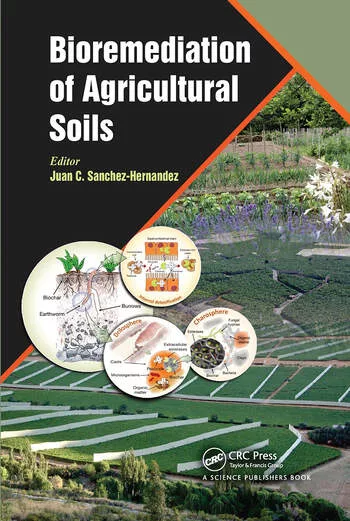Bacteria cooperate to maximize their impact on oil spills
Researchers make progress in clarifying the link between biofilm formation and oil degradation.

U.S. Navy photo of an oil containment boom by Chief Mass Communication Specialist Shawn D. Graham.
Oil spills are disastrous for the natural environment, as they lead to long lasting pollution that harms surrounding wildlife. However, certain oil-degrading bacteria thrive in oil-spill conditions and contribute remarkably to the bioremediation of oil. Although biofilms, which are communities formed by bacteria, play a crucial role in the bioremediation of oil, how biofilms engage with oil in the ocean has remained unclear.
In a study published in Science, researchers have made significant progress in clarifying the link between biofilm formation and oil degradation using a state-of-the-art microfluidic observation system. Combined with high-resolution confocal microscopes, this system helps to visualize the interactions between bacterial cells and microscopic oil droplets that measure about half the diameter of a hair.
Their findings show that an oil-degrading bacterium Alcanivorax borkumensis (meaning "devourer of alkanes") forms biofilms that consume the oil by surrounding and adhering strongly to the oil-water interface. The cell community stretches the oil droplets into numerous tubes, making space for more cells to simultaneously and efficiently consume the oil.
The researchers observed the stretching mechanism at the interface by focusing on the dynamics of tube formation. As cell division at the interface occurs, the cells, which appear as small rods under the microscope, become tightly packed. In certain regions the cells exhibit a configuration resembling the petal arrangement found in a wild chrysanthemum.
This arrangement, known as a topological defect in liquid crystal physics, begins to bulge outward from the droplet, deforming the interface and developing into a tube. The research group also succeeded in predicting both the dynamics of biofilm formation and its qualitative shape using a theoretical physical model.
Furthermore, the team demonstrated that large concentrations of dispersants, which are used during oil-spill cleanup, can have an adverse effect on A. borkumensis biofilms, but further research is needed to clarify actual effects in the environment.
Therefore, this work provides insights into ways to leverage bacterial communities for enhanced environmental remediation of oceanic oil spills. The researchers believe that the understanding of biofilm formation and bacterial cooperation can help capitalize on nature's efficient methods for improving the effectiveness of current oil-spill cleanup processes.
More information: M. Prasad et al, Alcanivorax borkumensis biofilms enhance oil degradation by interfacial tubulation, Science (2023). DOI: 10.1126/science.adf3345
Journal information: Science



.webp?height=200&t=1674043769&width=200)
